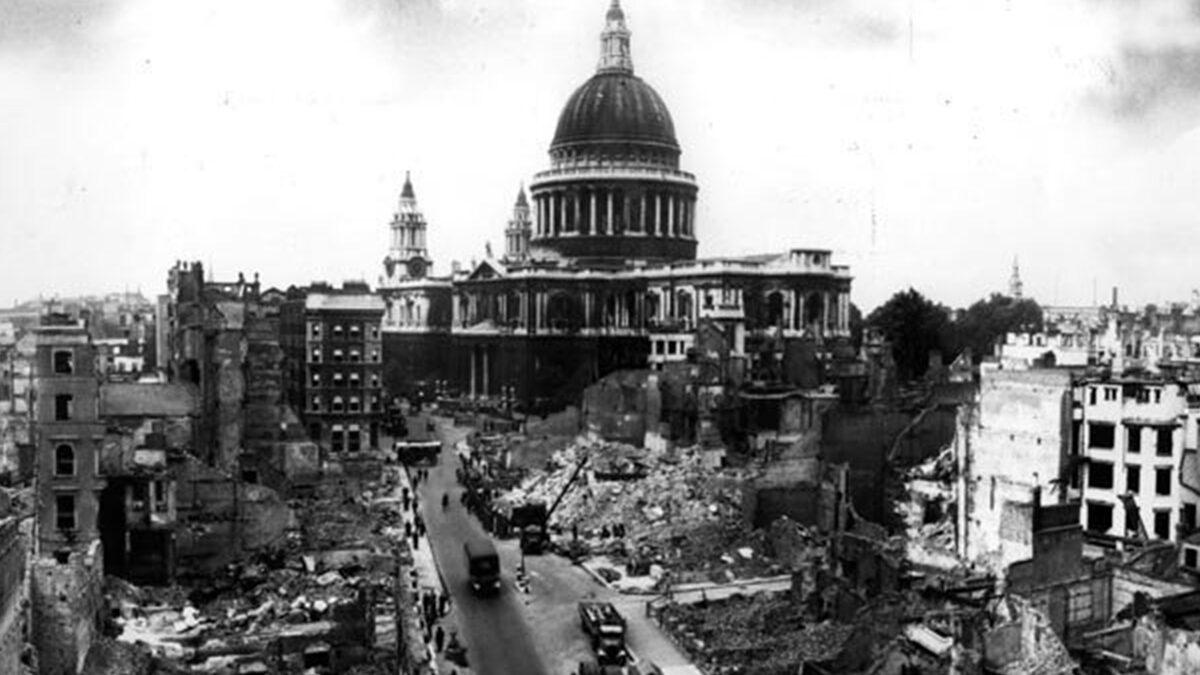The Blitz was a major campaign of bombing raids that targeted British cities during World War II.
It began on September 7th, 1940, and lasted for eight months.
The campaign was carried out by the German air force, the Luftwaffe, and it caused widespread destruction and loss of life.

The Blitz was part of Germany’s plan to soften up Britain before launching a full-scale invasion. The Luftwaffe was ordered to target key infrastructure and industrial centers, such as ports, railways, and factories.
The bombing also had a psychological aspect, as the German government hoped to break the morale of the British people and force them to surrender…

The bombing raids took place mainly at night, and the German planes were often escorted by fighter planes. The first wave of attacks targeted London, but soon other major cities, such as Birmingham, Coventry, Liverpool, and Manchester, were also hit.
The Blitz was a terrifying experience for the people of Britain.
The bombing raids caused a great deal of destruction, and many buildings were reduced to rubble. People were forced to take shelter in underground stations, basements, and other makeshift shelters. Many were injured or killed by the bombs, and the constant fear and uncertainty took a toll.
Despite the danger, many people showed incredible resilience during the Blitz.
The spirit of the Blitz became a symbol of the British people’s determination to survive and fight back against the Germans.

The government launched a propaganda campaign to boost morale, with slogans such as “Keep Calm and Carry On” and “We Can Take It” – you might have seen many of them!
One of the most infamous events of the Blitz was the bombing of Coventry on November 14th, 1940.
The city was heavily bombed, and many buildings, including the cathedral, were destroyed. The bombing of Coventry is often seen as a turning point in the Blitz, as it caused a great deal of anger and determination to fight back among the British people.
The Blitz finally came to an end on May 11th, 1941, when Hitler ordered the Luftwaffe to focus on other targets.
The bombing raids had caused a great deal of damage and loss of life, but they had failed to break the morale of the British people. In fact, the Blitz had strengthened their resolve to fight back against the Germans.
This is where the term ‘Blitz spirit’ comes from!
The legacy of the Blitz is still felt in Britain today.
Many cities were rebuilt after the war, but the scars of the bombing can sometimes still be seen in the form of damaged buildings and monuments. The Blitz is also remembered as a key moment in the country’s history, a time when the people of Britain came together to face a common enemy and showed remarkable resilience in the face of adversity.
Add a comment



